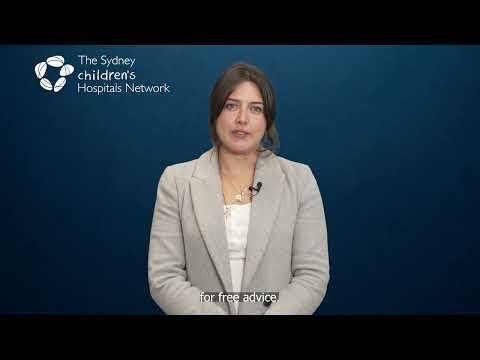Get your flu vaccine today
Influenza (flu) is a serious, highly contagious illness. A yearly flu vaccine provides the best protection against getting really sick.
The vaccine is free for:
- children aged 6 months to under 5 years
- pregnant women
- Aboriginal people aged 6 months and over
- people aged 65 and over
- people with serious health conditions.
Book your flu vaccine through your doctor, local pharmacy or Aboriginal Medical Service.
Everyone aged 5 years and over can get vaccinated at their local pharmacy. Parents with children under 5 years of age should see their doctor.
Why do I need a flu vaccine?
Influenza (flu) is a serious illness caused by the influenza virus. You need a flu vaccine every year because the influenza virus changes. Each year, a vaccine is made to match the influenza strains expected in the upcoming flu season.
Getting vaccinated is the best way to protect yourself and keep doing the things you love. It's easy to get your flu vaccine – and it's recommended for everyone aged 6 months and over.
Symptoms of influenza (flu)
Symptoms of the flu may last for more than a week and can include:
- fever and chills
- cough
- sore throat
- runny or stuffy nose
- muscle aches
- joint pains
- headaches
- fatigue (feeling very tired)
- nausea, vomiting and diarrhoea (more common in children than adults).
Most people with the flu recover after a few days, but for some people it can lead to a severe and life-threatening illness.
If your symptoms become severe, please consult your doctor or call Triple Zero (000) straight away.
How influenza (flu) is diagnosed
Doctors may suspect influenza based on symptoms.
Doctors can confirm the diagnosis by swabbing your nose or throat to test for the virus.
These tests are usually only needed if the illness is severe or if there is an increased risk of complications.
How influenza (flu) is treated
Rest, drink plenty of fluid, and consider taking pain relief for muscle aches and pains.
Do not give aspirin-containing medications to children under 16 who are ill with flu. Using aspirin increases the risk of children developing Reye Syndrome, a form of encephalitis and liver degeneration.
Specific antiviral medicines can reduce the severity and the duration of flu. However, antiviral medicines:
- should ideally be taken within 48 hours of symptoms
- need to be prescribed by a doctor
- are usually reserved for people who are at higher risk of complications from a flu infection.
How influenza (flu) is spread
Influenza is mostly spread by droplets made when people with influenza cough or sneeze. It can also be spread by touching a surface or object that has virus droplets on it and then touching your nose or mouth.
Adults are most infectious from 24 hours before their symptoms start and in the first 3 to 5 days of their illness. Children and people with weakened immune systems can be infectious for 7 to 10 days.
Help protect yourself and your loved ones
- Stay at home if you're unwell. If you have symptoms but have to leave home, wear a mask.
- Don't visit people who might be at higher risk of severe illness if you have symptoms (such as people in aged care facilities or hospitals).
- Cover your nose and mouth when you cough or sneeze.
NSW Health Influenza fact sheet – in your language
- English - NSW Health Influenza fact sheet
- Arabic (العربية) - NSW Health Influenza fact sheet
- Chinese - Simplified (简体中文) - NSW Health Influenza fact sheet
- Farsi Persian (فارسی) - NSW Health Influenza fact sheet
- Korean (한국어) - NSW Health Influenza fact sheet
- Nepali (नेपाली) - NSW Health Influenza fact sheet
- Vietnamese (Tiếng Việt) - NSW Health Influenza fact sheet
Influenza videos in your language

Flu in kids can be serious — English

What to do if your child is sick — English

Protect yourself from influenza - English
Influenza social content in your language

Protect your child
Social media tile, square (JPG, 259KB)

Protect yourself this winter
Social media tile, square (JPG, 300KB)

Protect yourself and your family
Social media tile, square (JPG, 329KB)
